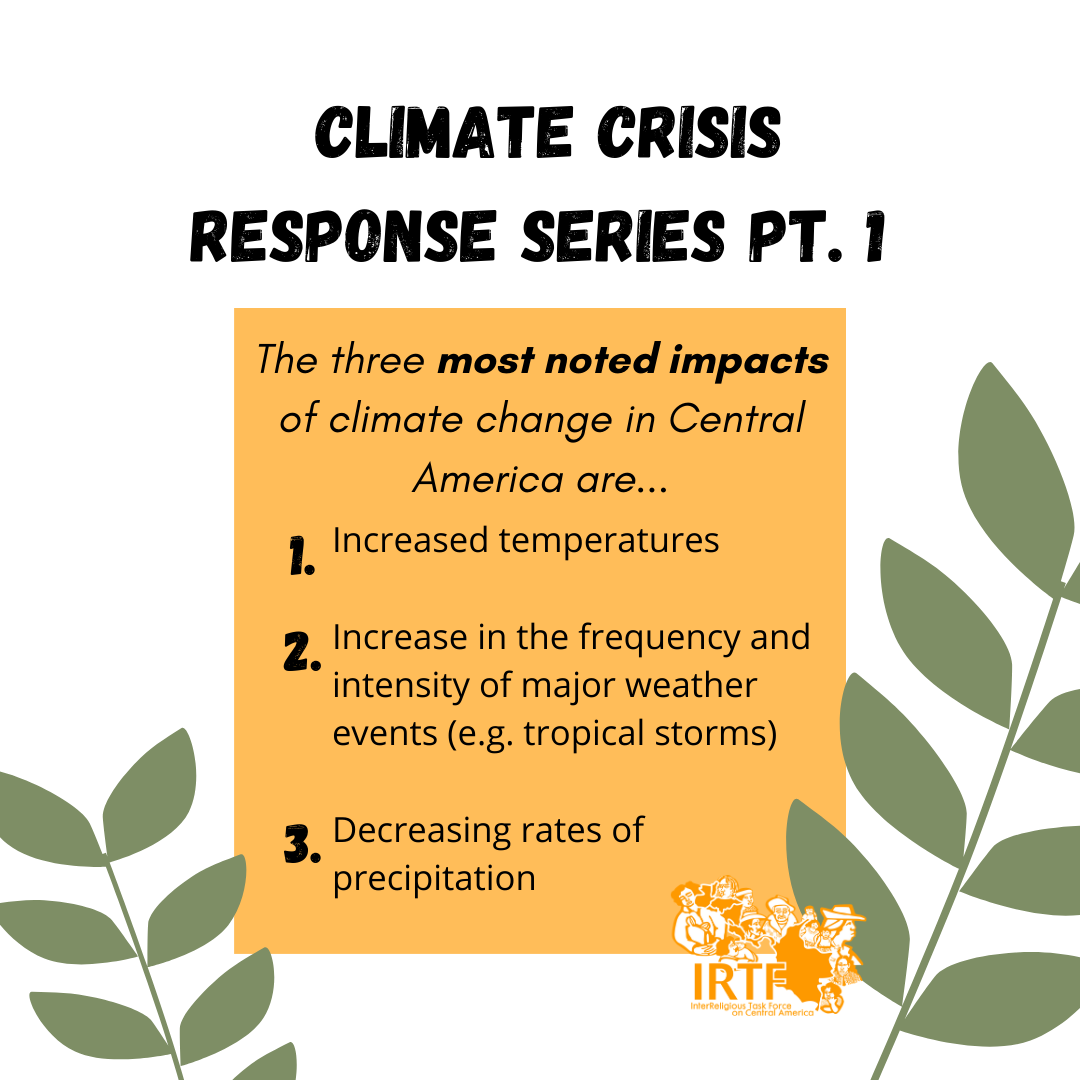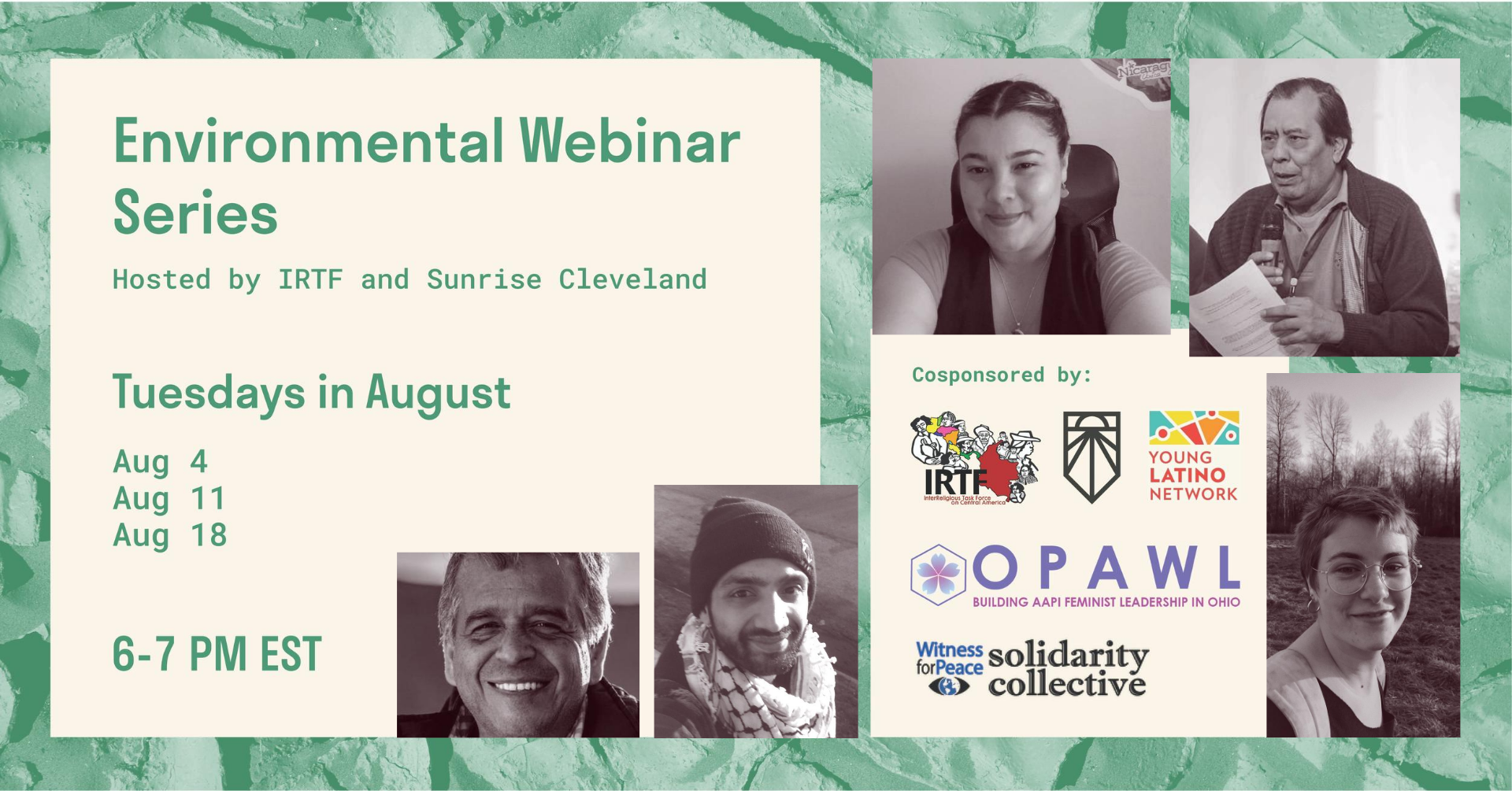- Home
- About Us
- Issues
- Countries
- Rapid Response Network
- Young Adults
- Get Involved
- Calendar
- Donate
- Blog
You are here
IRTF News
RRN Letter
August 16, 2020
Carrying a loaf of fresh bread that he was going to deliver to his uncle's house, José Miguel Hernández Tejada set out on his motorbike the morning of August 3. His mother Lizeth Tejada started to panic when evening rolled around and no one had seen him all day. Waiting the requisite full 24 hours to file a missing persons report, she went to the the Las Vegas municipal police department the next morning. Three days later, she was dismayed to discover that the report had never been entered into the computer system. When she later went to the regional office of the Public Ministry, the prosecutor told her that she had no right to file a complaint because forced disappearance was not a crime....We are deeply troubled by these procedural errors (or intentional hindrances) that Lizeth Tejada has experienced during her desperate quest to locate her missing son. We demand swift action.
News Article
August 13, 2020
Rep. Marcy Kaptur of Ohio (OH-09) is among 28 US House members who signed a letter (authored by Rep. Ilan Omar) opposing US investment in large-scale development projects in Honduras that are surrounded by serious human rights, worker rights, and environmental concerns. In their letter to Adam Boehler, chief executive officer of the US International Development Finance Corporation (DFC), the US representatives call the DFC’s planned investment in Honduras “a grave mistake.” They find it “deeply alarming” that Boehler (along with the US Embassy’s chargé d'affaires and the National Security Council’s senior director for the Western Hemisphere) posed for a photograph with President Hernández and announced “an investment in the same region of the country where …disappearances – and years of human rights violations – have taken place.” They make astute criticisms of both the president of Honduras and the energy company behind the Jimalito River hydropower project. “President Juan Orlando Hernández has a record that includes gross human rights violations, credible accusations of electoral fraud, deep connections to narcotrafficking and organized crime, and corruption.” “The company in charge of the project, Inversiones de Generación Eléctricas, S.A. (“Ingelsa”), is credibly accused by local community leaders of corruption, intimidation, and violence [and] the river that is being dammed is the only source of clean drinking water for the communities in the area.” They further note that community members active in organized resistance against the hydropower project have been assassinated, including the young lawyer Carlos Hernández in 2018.
News Article
August 12, 2020
Although the effects of climate change reverberate around the globe, its effects vary from region to region, continent to continent, and Central America is no exception. // Aunque los efectos del cambio climático repercuten en todo el mundo, sus efectos varían de una región a otra y de un continente a otro, y Centroamérica no es una excepción.
News Article
August 10, 2020
“It is the taxpayers of the U.S. who finance the Honduran military and police. If the U.S. stops supporting this narco-state, it will stop violating our rights,” said OFRANEH’s Miranda Miranda, general coordinator of OFRANEH (Fraternal Organization of Black Hondurans). The US State Department describes Honduras as being plagued by “significant human rights issues,” including extrajudicial killings and torture, arbitrary detentions and “widespread government corruption.” And yet in April 2020, Trump decided to gift President Juan Orlando Hernández (who is facing criminal charges of drug trafficking and alleged to have used drug money to rig his election) an extra $60 million in military and security aid. Not only is the Hernández regime not “stopping drugs,” it’s also not curbing illegal immigration to the U.S. In fact, critics say Honduras’ neoliberal policies—policies that cater to transnational corporations at the expense of local residents like the Garifuna—also foster or enable factors like displacement, mass poverty, and the presence of organized crime, all of which actually drive the wave of Honduran migrants headed north toward the U.S.
News Article
August 10, 2020
The Jesuit-sponsored Reflection Research and Communication Team (ERIC) in Honduras reported on Radio Progreso (Aug 10) that “Model Cities” are at the root of the territorial dispossession and violence against Garífuna communities. While he was president of the National Congress in 2013, Juan Orlando Hernández (now president of Honduras) pushed through legislation to create “Zedes,” (Zones of Economic Development and Employment), also referred to as “Model Cities.” Economic forces interested in creating these territorial and administrative divisions (which, by the way, are not subject to the laws of the central government saw a green light for more land grabs of Garífuna ancestral lands along the Atlantic coast. And even though Honduras has been a signatory to the American Convention on Human Rights, it routinely ignores the rulings of the Inter-American Court on Human Rights. This blatant snubbing of international rulings by the State of Honduras is also a blatant discounting of its own constitution: the Constitutional Chamber of the Supreme Court of Justice, the body that interprets the Constitution, says that international judgments are mandatory and must be complied with. The kidnapping of its leaders [on July 18] and the vulnerability that surrounds the Triunfo de la Cruz Garifuna community is the product of structural violence promoted by the State that is expressed in threats, death, cultural and territorial dispossession, according to Dr. Joaquín Mejía, a lawyer and researcher for ERIC. If the State had complied with the sentence in due time, many of the violent atrocities waged in recent years against Garífuna leaders and residents could have been avoided.
News Article
August 6, 2020
Inter-American Court on Human Rights issues a ruling, 1- to require that the State of Honduras adopt all necessary and adequate measures to determine the whereabouts of Milton Joel Martínez Álvarez, Suami Aparicio Mejía García, Gerardo Misael Trochez Calix y Albert Snaider Centeno Thomas, who have been disappeared since 18 July 2020…and 2- to require the State of Honduras to adopt all appropriate measures to effectively protect the rights to life and personal integrity of the members of the Garífuna Communities of Triunfo de la Cruz and Punta Piedra that develop collectively actions in defense of the rights of the Garífuna people…
News Article
August 5, 2020
Racism and a history of violence against human rights and environmental defenders in Honduras make the Garífuna people a vulnerable target. Garífuna territory stretches along pristine Caribbean beaches and includes fertile agricultural lands that have become of interest to international tourism developers and palm oil companies. Over the course of decades, large scale economic projects (e.g., Hilton’s Indura Beach and Golf Resort) have led to land grabs and a loss of farmland that the Garífuna people had used for subsistence farming. In 2015, the Inter-American Court on Human Rights ordered the Honduran government to compensate the community of Triunfo de la Cruz for the ancestral lands that had been lost, but close to five years later, it has not complied and economic development projects continue to proliferate in Garifuna territories. Francis Lopez, a resident of Triunfo de la Cruz, described an ongoing sense of fear and insecurity in her village. When those who abducted five men from the community on July 18, wearing bulletproof vests and police uniforms, arrived in unmarked vehicles and began pounding on doors, surprised residents quickly realized what was happening. The community responded with a roadblock to try and stop the abductions, but they were shot at before three vehicles got away.
Content Page
August 4, 2020
As we address the climate crisis, it is imperative that we reject capitalist, extractivist, imperialist models of interaction at all levels: interpersonal, national, and international. Join us as we discuss our collective liberation and the end of colonialist corporate control through systems of racism, classism, and patriarchy.
News Article
August 1, 2020
To President Juan O. Hernández of Honduras: "The abduction of "the Garífuna five" comes against the backdrop of widespread violations of the rights of the Garífuna people, including their ownership rights to ancestral lands...I should point out that this is not merely an internal matter for Honduras; this is an international human rights issue...The lawless and criminal campaign against the Garífuna people, and their leaders, in Honduras must stop.." Sincerely Yours, Dr. The Hon. Ralph E. Gonsalves Prime Minister and chair of CARICOM
RRN Letter
July 31, 2020
The arrest and criminalization of indigenous and environmental rights defenders is part of a strategy of intimidation and violence against them. Fredy García is one victim of this violent strategy in Oaxaca, Mexico. Fredy García is the spokesperson for the Committee for the Defense of Indigenous Peoples (CODEDI). He has been in Tanivet prison in Oaxaca since November of 2019 on fabricated charges of “assault,” “injuries” and “aggravated robbery.” On July 10, prison guards severely beat Fredy García, saying that they were acting on “orders from above.” On July 12 he was transferred to a cell in a different block where his use of the telephone is severely restricted, and he is forced to work outdoors in areas with very little shade. When his wife came to visit, she was told by prison authorities that Fredy García was placed in a punishment zone of the prison. During a restricted 20-minute visit, she saw his injuries, including several bruises and a blood spill in his left eye. We are urging authorities in Oaxaca to: 1) conduct a thorough and impartial investigation into the harsh treatment of Fredy García, publish the results, and bring the perpetrators to justice , and 2) take all necessary measures to guarantee the physical and psychological integrity of Fredy Garcia, in accordance with international standards (United Nations’ Set of Principles for the Protection of All Persons Under Any Form of Detention or Prison, 1988)


